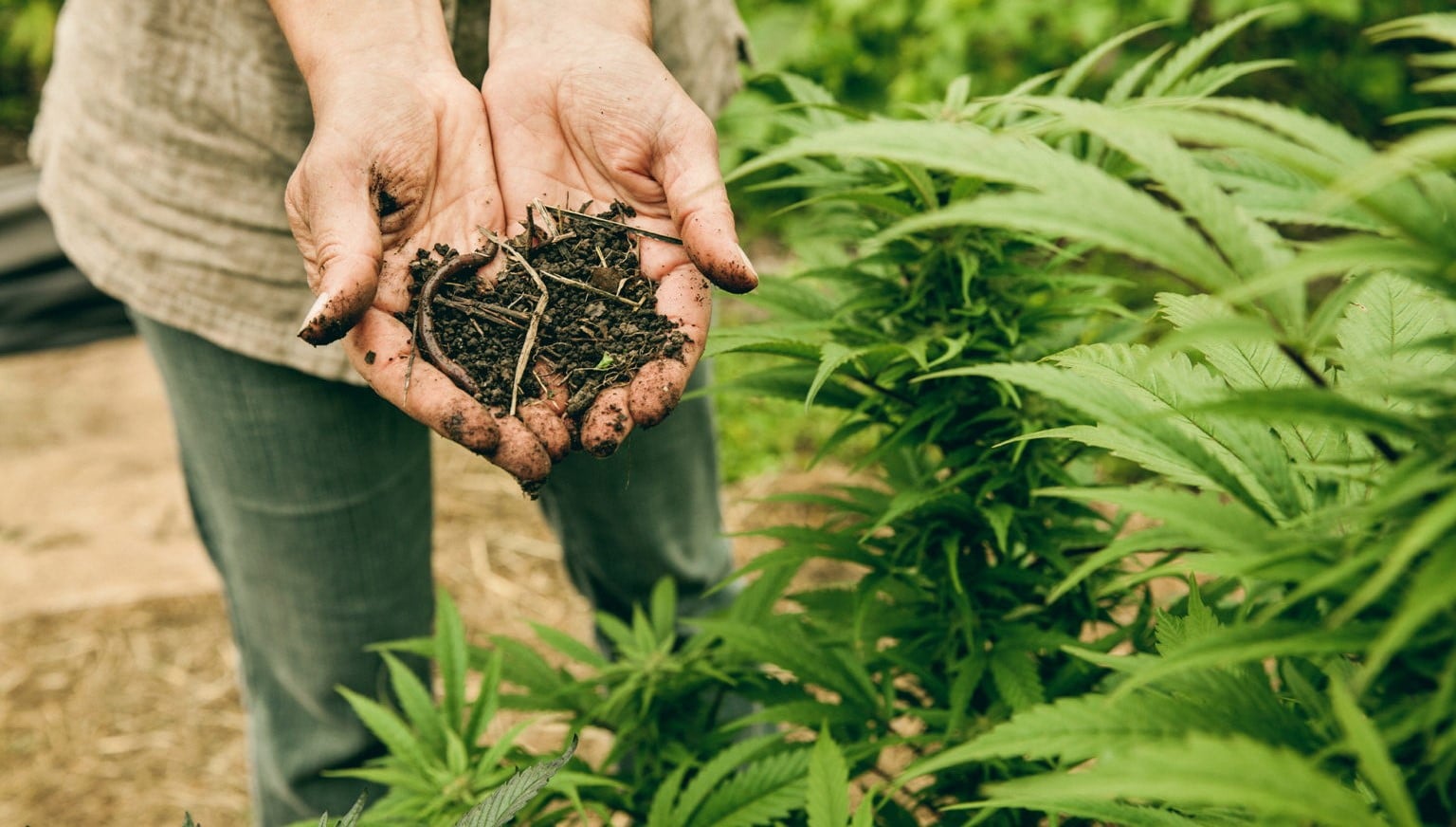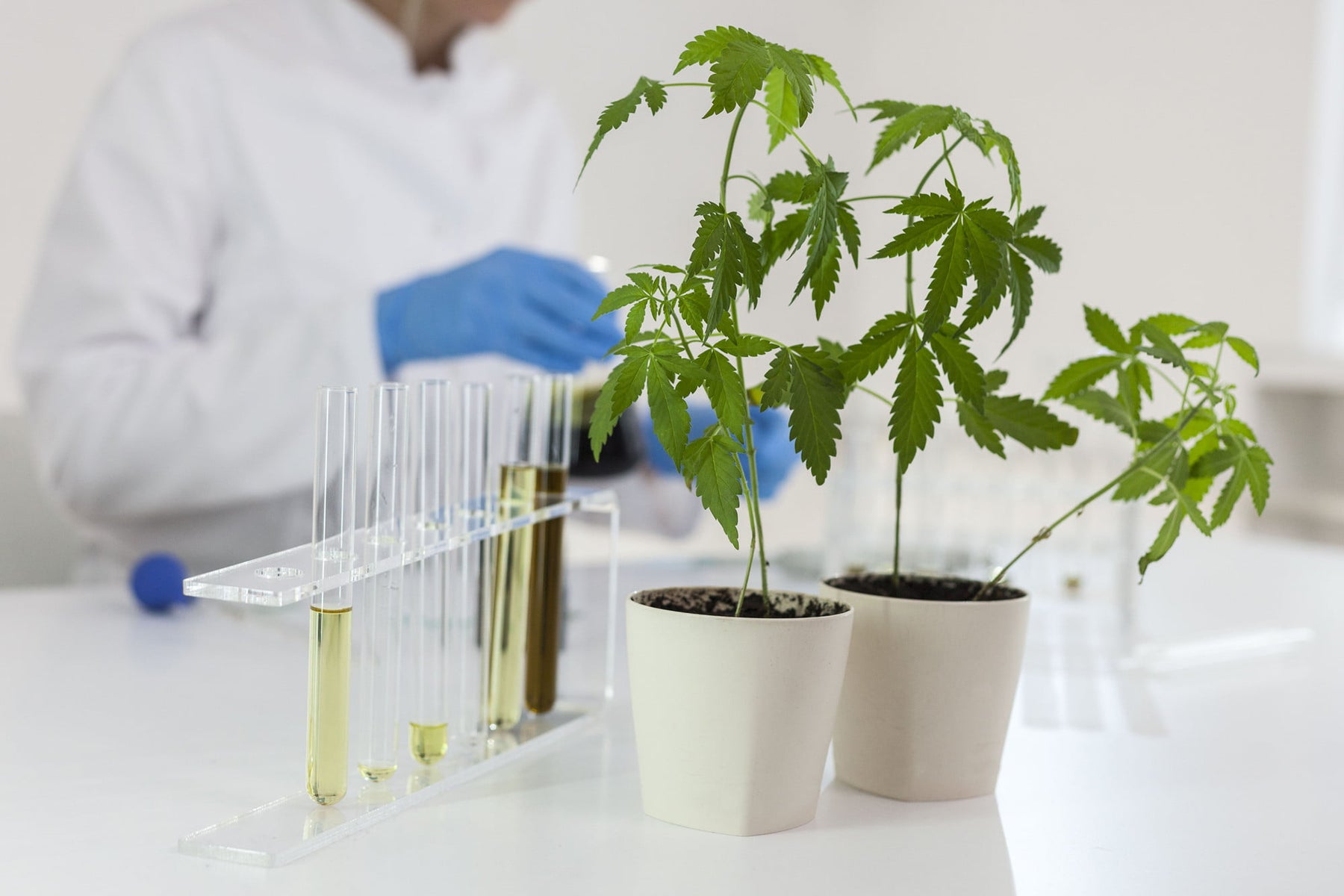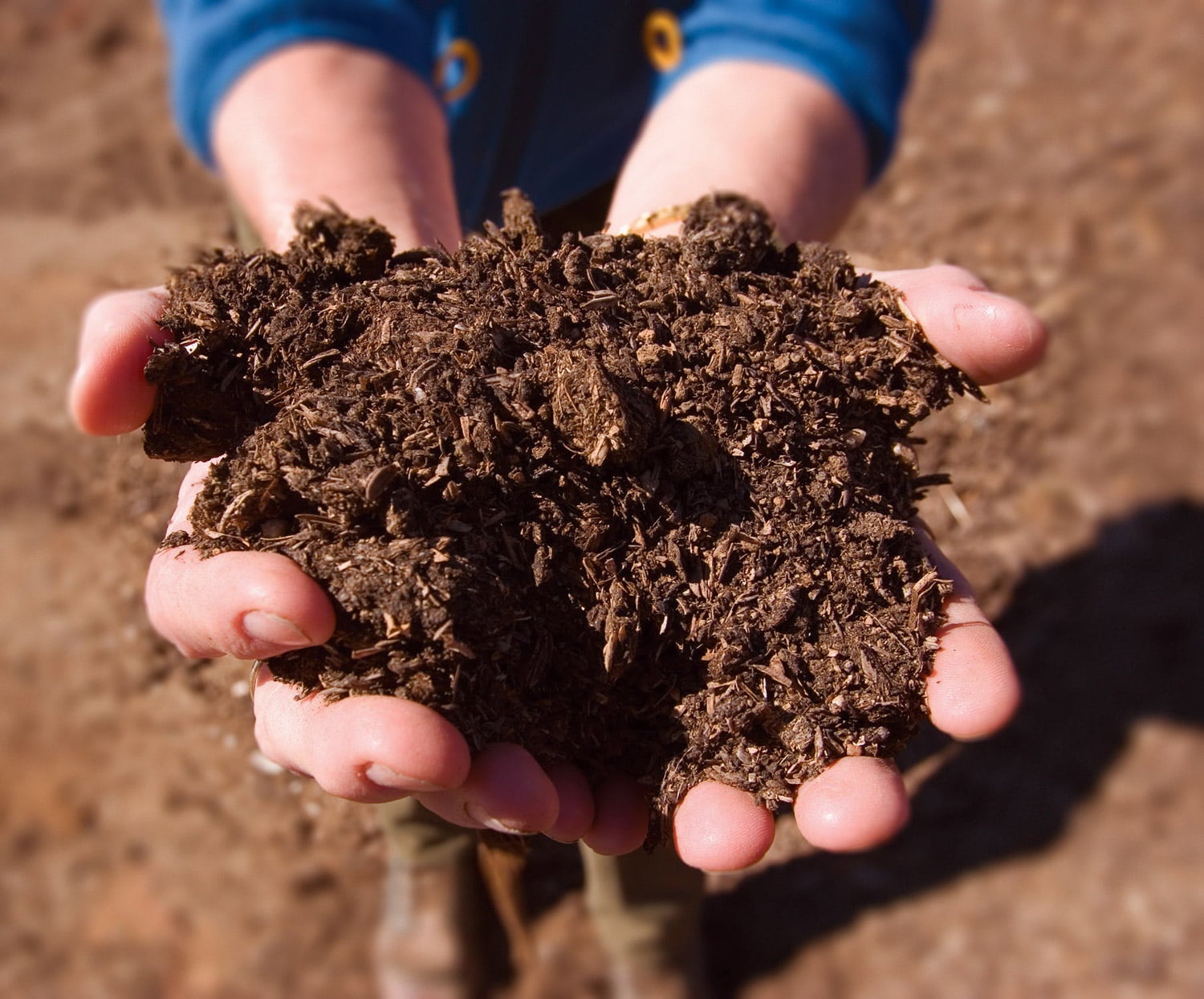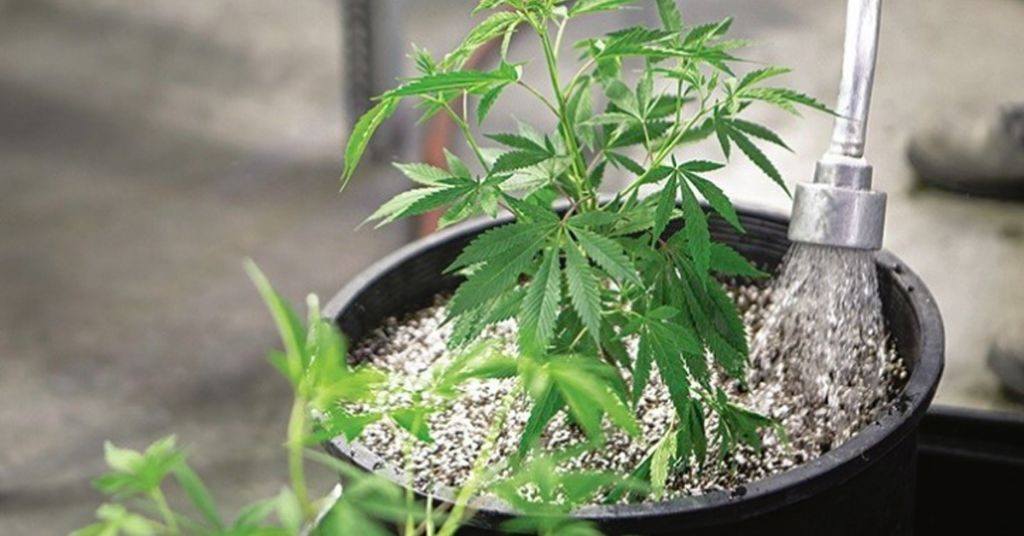News
The Importance of Soil Quality and Nutrient Management for Cannabis Cultivation
Growing cannabis can be a rewarding experience, but it requires attention to detail and proper care. Soil quality and nutrient management are crucial factors that can impact the growth and yield of your cannabis plants. In this article, we will discuss the role of soil quality and nutrient management in cannabis cultivation and provide tips on how to maintain healthy soil and optimize nutrient uptake.
The Role of Soil Quality

The role of soil quality in cannabis cultivation cannot be overstated. Healthy soil ensures that the plants receive the necessary nutrients and support for optimal growth. Soil structure is crucial as it determines the soil’s ability to hold water and provide air to the roots. The texture of the soil also affects its ability to hold nutrients and water. Cannabis plants thrive in well-draining soils, which prevent the roots from getting waterlogged, leading to root rot. The pH level of the soil is also essential as it affects the availability of nutrients to the plant. The ideal pH range for cannabis plants is between 6.0 and 7.0. If the pH level is too high or too low, the plant will struggle to absorb certain nutrients. Therefore, it is essential to test the soil’s pH level regularly and make the necessary adjustments using pH buffers or pH adjusters to ensure optimal soil conditions for cannabis cultivation. Using soil amendments such as compost or worm castings can improve soil quality and provide essential nutrients to the plant. Overall, maintaining healthy soil is critical for the success of cannabis cultivation.
Soil Testing

Before planting cannabis, it’s essential to test the soil to determine its pH level, nutrient content, and texture. The pH level of the soil influences the availability of nutrients to plants. Cannabis prefers a pH range between 6.0 and 7.0, slightly acidic to neutral. If the pH level is too high or too low, nutrients may become unavailable to the plant, causing deficiencies or toxicities. The nutrient content of the soil should also be tested to determine the levels of macronutrients (nitrogen, phosphorus, potassium) and micronutrients (iron, zinc, manganese) present. This information can be used to tailor fertilization techniques and ensure that the plants receive the necessary nutrients. The soil texture test reveals the proportion of sand, silt, and clay in the soil, which affects water retention and drainage. By understanding the soil’s composition, growers can make appropriate amendments, such as adding organic matter or adjusting the pH level to optimize nutrient uptake and ensure a healthy growing environment for their cannabis plants.
Nutrient Management
Nutrient management is a crucial aspect of cannabis cultivation, as it directly affects the plant’s growth, development, and yield. Nitrogen, phosphorus, and potassium are the primary macronutrients that cannabis plants need in large quantities. These nutrients play different roles in plant development, with nitrogen being responsible for vegetative growth, phosphorus promoting root development, and potassium contributing to flower and fruit formation. Micronutrients such as magnesium, calcium, and iron are also essential, albeit in smaller quantities.
The correct application of nutrients is critical, as over- or under-fertilization can lead to stunted growth, nutrient deficiencies, or toxicities. It is therefore essential to test the soil periodically and adjust the nutrient levels accordingly. The pH of the soil also plays a crucial role in nutrient uptake, as different nutrients are more accessible to the plant at specific pH levels. For example, nitrogen uptake is optimized at a pH of 6.5 to 7, while phosphorus uptake is optimal at a pH of 6.0 to 7.0.
To ensure proper nutrient management, cannabis growers can use a variety of fertilizers and supplements. Organic fertilizers such as compost, bone meal, and bat guano can provide a slow-release source of nutrients and improve soil structure. Synthetic fertilizers are also widely used, as they can provide a precise balance of nutrients and are easy to apply. However, synthetic fertilizers can also be harmful to beneficial microorganisms in the soil and can lead to nutrient imbalances if not used correctly.
Nutrient management is a vital aspect of cannabis cultivation that requires careful attention to detail. The right balance of macronutrients and micronutrients, as well as the correct pH level, can make a significant difference in plant growth, development, and yield. By testing the soil regularly and selecting the right fertilizers and supplements, growers can ensure that their cannabis plants receive the nutrients they need for optimal health and productivity.
Fertilization Techniques
Fertilizers are an essential component of nutrient management for cannabis cultivation. Organic fertilizers, such as fish emulsion or bone meal, are ideal for providing slow-release nutrients and improving soil quality. Inorganic fertilizers, such as those containing nitrogen, phosphorus, and potassium, are also useful but must be used with care to avoid over-fertilization.
Composting

Composting is an excellent method of improving soil quality and nutrient management in cannabis cultivation. Compost is a rich source of nutrients, including nitrogen, phosphorus, and potassium, which are essential for healthy plant growth. When compost is added to the soil, it improves the structure and texture of the soil, allowing better drainage and aeration. The compost also helps the soil retain moisture, which is vital for the health and growth of cannabis plants.
Composting is a natural and sustainable method of enriching the soil. It involves the breakdown of organic matter, such as leaves, vegetable scraps, and coffee grounds, into nutrient-rich compost. This process is facilitated by microorganisms such as bacteria, fungi, and worms. Composting can be done on-site, using a compost bin or compost pile. It is an eco-friendly method of recycling organic waste, reducing landfill waste, and improving the health of the soil.
Using compost in cannabis cultivation can help reduce the need for synthetic fertilizers. Synthetic fertilizers can be harmful to the environment, and their overuse can lead to soil degradation and nutrient depletion. Composting is a more sustainable alternative that can provide the necessary nutrients for healthy plant growth. The addition of compost to the soil can also help regulate the soil’s pH level, ensuring optimal conditions for cannabis growth.
Composting is an essential technique for improving soil quality and nutrient management in cannabis cultivation. It is a natural and sustainable method that provides a range of benefits for the soil and cannabis plants. By adding compost to the soil, cannabis growers can reduce the need for synthetic fertilizers, improve the soil’s structure, and provide essential nutrients for healthy plant growth.
pH Levels
The pH level of the soil is a critical factor that impacts nutrient uptake. Cannabis plants thrive in soil with a pH level between 6.0 and 7.0. If the soil is too acidic or too alkaline, the plant will have difficulty absorbing nutrients, which can lead to stunted growth and low yields. Regular soil testing and pH adjustments are crucial for maintaining optimal soil conditions.
Watering Techniques

Watering techniques play a crucial role in soil quality and nutrient management for cannabis cultivation. Over-watering can lead to waterlogged soil, which reduces oxygen availability and can cause root rot. On the other hand, under-watering can cause the soil to dry out, making it difficult for plants to absorb nutrients. The frequency and amount of watering will depend on various factors, such as the plant’s stage of growth, humidity levels, and soil quality. In general, cannabis plants require regular watering, but the amount and frequency will increase as the plant grows larger. As a rule of thumb, it’s better to water less frequently but more deeply, ensuring that water penetrates deep into the soil and encourages root growth. It’s also essential to monitor the pH level of the soil and adjust watering techniques accordingly. Overall, proper watering techniques are crucial for maintaining soil quality and nutrient management in cannabis cultivation, ensuring optimal plant growth and yield.
Optimizing Soil Quality and Nutrient Management for Cannabis Cultivation
Cannabis cultivation requires attention to detail and proper care. Soil quality and nutrient management are essential factors that can impact plant growth and yield. By maintaining healthy soil and optimizing nutrient uptake, you can grow healthy, robust cannabis plants that provide high yields and quality buds. Remember to test your soil, adjust pH levels, use proper fertilization techniques, and apply compost to improve soil quality and nutrient management.


